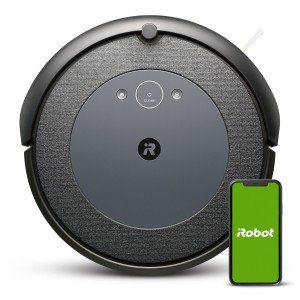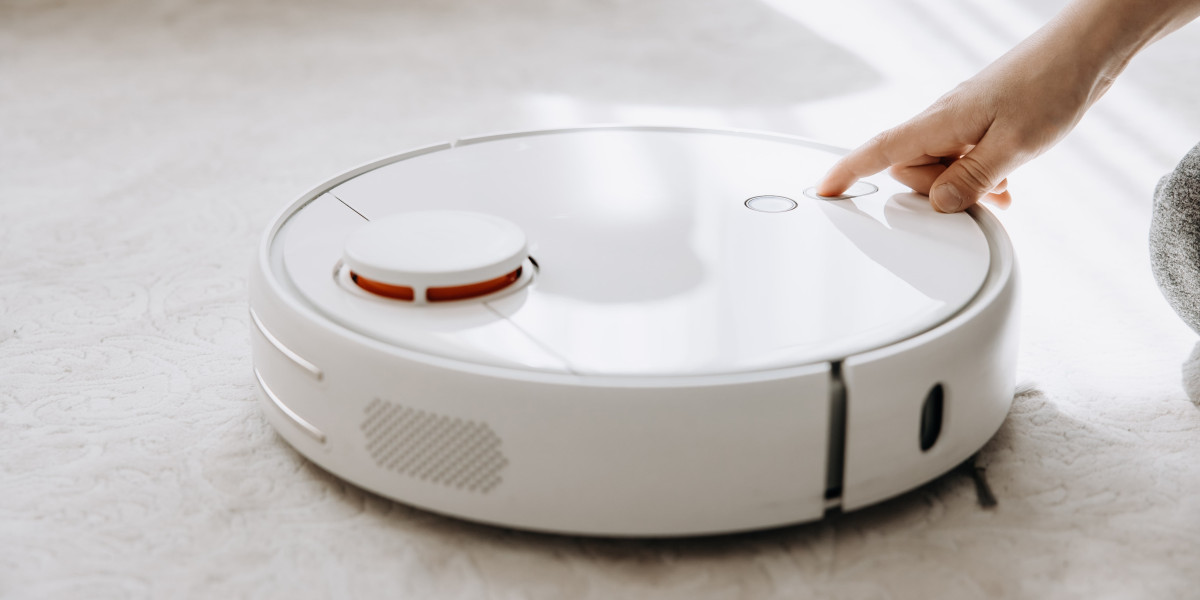Robotic Vacuum Cleaner Comparison: The Future of Home Cleaning
Recently, robotic vacuum cleaner vacuum cleaners have transformed the way we maintain cleanliness in our homes. With advancements in innovation and the incorporation of expert system, these gadgets have evolved from simple novelty items to vital family devices. This post provides a thorough comparison of some of the leading robotic vacuum on the marketplace, assisting customers make informed decisions when picking a design that matches their requirements.

Understanding Robotic Vacuum Cleaners
Robotic vacuum are autonomous makers designed to clean floors immediately. Geared up with sensors, they browse around barriers and change their cleaning paths for optimal efficiency. The crucial features that differentiate different designs include suction power, battery life, app connection, navigation innovation, and price.
Secret Features to Consider
When comparing robotic vacuum cleaners, possible purchasers must take into account the following aspects:
- Suction Power: Measured in Pascals (Pa), suction power determines the efficiency of selecting up dirt and particles.
- Battery Life: The length of time a vacuum bot can operate before requiring a recharge considerably affects its cleaning efficiency.
- Navigation Technology: Models may use easy random navigation or advanced mapping innovations (like LIDAR) that permit them to create a map of the home.
- Smart Features: Connectivity to smartphone apps or smart home systems can boost use and control.
- Filter Type: HEPA filters are recommended for allergic reaction sufferers, as they trap irritants and improve air quality.
Comparison of Top Robotic Vacuum Cleaners
Below is a comparison table of some of the very best robot vacuum deals robotic vacuum cleaners available in 2023:
| Model | Suction Power (Pa) | Battery Life (min) | Navigation Technology | Smart Features | Price (GBP) |
|---|---|---|---|---|---|
| iRobot Roomba i7+ | 1700 | 75 | Smart mapping | App control, voice command | ₤ 949 |
| Roborock S7 | 2500 | 180 | LIDAR | App control, multi-floor | ₤ 649 |
| Neato D7 | 2000 | 120 | LIDAR | App control, zone cleaning | ₤ 599 |
| Ecovacs Deebot T10 | 3000 | 150 | Smart mapping | App control, space detection | ₤ 799 |
| Shark IQ robot cleaner | 1200 | 90 | Random | App control, self-emptying | ₤ 399 |
Description of the Table
iRobot Roomba i7+: Known for its robust cleaning ability, it features smart mapping innovation that enables it to designate particular areas for cleaning. Its self-emptying feature is a plus for benefit.
Roborock S7: This design excels in suction power and battery life, making it perfect for bigger homes. Its LIDAR technology helps develop an effective cleaning course, and it can vacuum and mop at the same time.
Neato D7: The D-shape design enables much better corner cleaning, and it includes strong suction power. Its LIDAR navigation enables it to draw up cleaning areas precisely.
Ecovacs Deebot T10: Boasting the highest suction power and advanced navigation, this design can deal with numerous floorings efficiently. It's a versatile option for households with varying floor types.
Shark IQ robot vacuum cleaner comparison: An economical option that still offers smart functions. Its self-emptying capability and app integration make it a practical option for those trying to find a strong cleaning buddy without breaking the bank.
Benefits of Robotic Vacuum Cleaners
Robotic vacuum cleaners use numerous advantages that contribute to their rising appeal among customers:
- Time-Saving: Automated cleaning permits users to release up valuable time that can be invested on other activities.
- Convenience: Many designs can be arranged through apps to clean at specific times, lowering manual effort.
- Ease of access: They can reach under furnishings and in tight areas where traditional vacuums may struggle.
- Daily Maintenance: Regular usage of robotic vacuums can assist maintain a consistently clean environment, promoting better general home hygiene.
FAQs About Robotic Vacuum Cleaners
1. How frequently should I run my robotic vacuum?
It is recommended to run the robotic vacuum at least 2-3 times a week to keep cleanliness, though everyday use can be beneficial, specifically in homes with animals or high foot traffic.
2. Do robotic vacuums work on carpets?
Yes, numerous robotic vacuums are designed to deal with carpets, however effectiveness might differ based upon the design's suction power and brush type. Search for designs particularly discussed as efficient for carpets.
3. Can robotic vacuums tidy animal hair?
Most robotic vacuums can successfully get pet hair, but those with strong suction and tangle-free brush designs are especially appropriate for this task.
4. How do I keep my robotic vacuum?
Regular maintenance includes cleaning the brushes and sensing units, emptying the dustbin, and occasionally replacing filters to ensure ideal efficiency.

5. Are robotic vacuums worth the investment?
While they tend to be more costly than conventional vacuums, the benefit, performance, and time-saving elements make them a worthwhile financial investment for numerous homes.
The market for robotic vacuum cleaners continues to expand as technology progresses, providing consumers a variety of choices to fit various cleaning requirements and spending plans. By thoroughly considering functions such as suction power, battery life, and smart abilities, users can choose a model that aligns with their way of life. Whether for convenience, ease of use, or remarkable cleaning performance, robotic vacuums are certainly improving the future of home cleaning.








